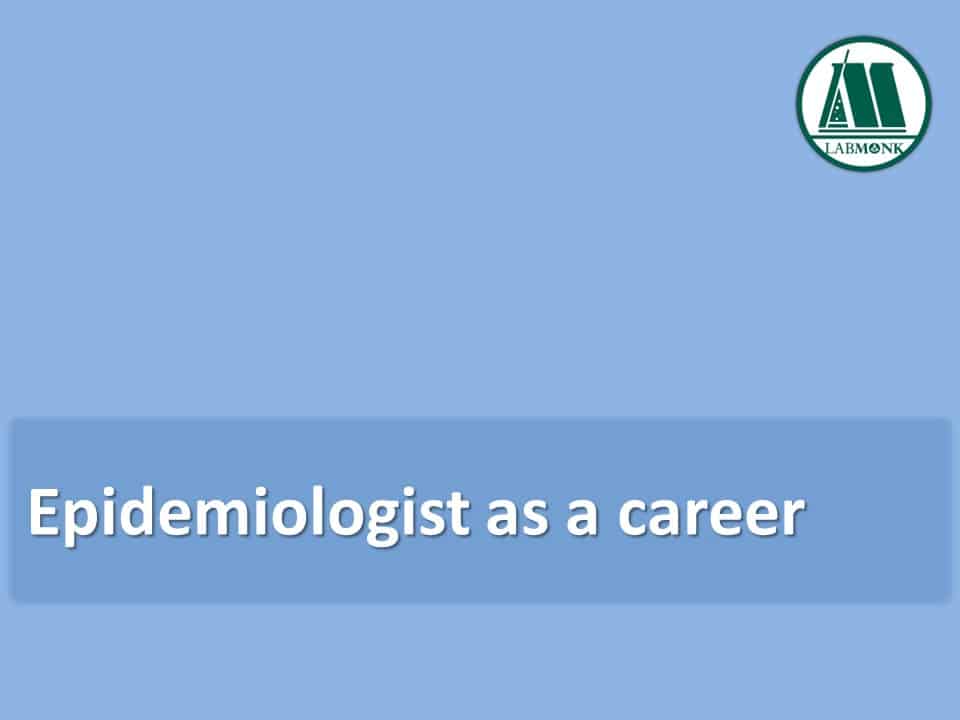Are you interested in making a career as an epidemiologist?
If the answer is yes, then learn more about how to start a career as an epidemiologist, job growth, what salary you can expect, and what skills and training you need to be an epidemiologist. The best word to describe any epidemiologist is disease detectives.
Table of Contents
While making up your mind to be an epidemiologist, several questions might arise in your mind like
- Is an epidemiologist a promising career?
- Is epidemiologist in demand?
Well, the answer to these questions is yes. Making a career as an epidemiologist is good, and with increasing public health concerns and recent pandemics, epidemiologists are in high demand. The profession is highly insightful when compared with other clinical fields. Epidemiology is a broad field with various opportunities for those interested. You will get a job in the academic sector, health center, state and local agencies, laboratories, etc. The employment opportunities for an epidemiologist are expected to rise by 5% by 2029, which is very high than average for other professions. Overall, we can say that epidemiologists have a very bright future ahead.
Role of an epidemiologist
Before we move to how to make a career in epidemiology, it’s essential to discuss the role of an epidemiologist and different types of epidemiologists. It helps you in getting more clarity about the sector.
Individuals taking up a career as an epidemiologist will examine clinical issues by collecting and inspecting reports. They will organize and interpret population data to assess which are more prone to disease. They will also study and scrutinize patterns in populations of survivors of various diseases such as cancer to identify and offer successful treatments in the community. Epidemiologists work with state and municipal agencies and deal with public health issues.
Here are a few other roles.
Diagnosing
Epidemiologists are in charge of the detection, diagnosis, and investigation of the patient conditions, ailments, injuries, and infections. They will also conduct our research and analyze disease trends such as cancer to detect and offer efficient therapies to the whole community.
Reviewing medical history
Epidemiologists study patients’ medical records and question them about changes or any improvements in their health. A responsible epidemiologist evaluates a patient’s diagnosis and requirements.
Research
An epidemiologist researches patterns and symptoms of various diseases to find the cause. They study to understand the root cause and offer solutions to the whole community.

